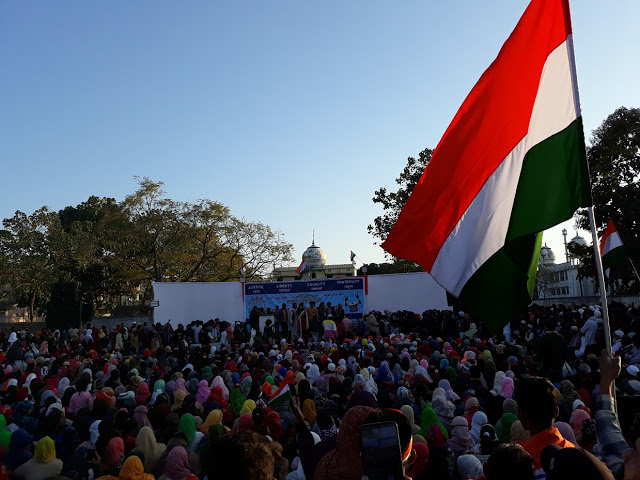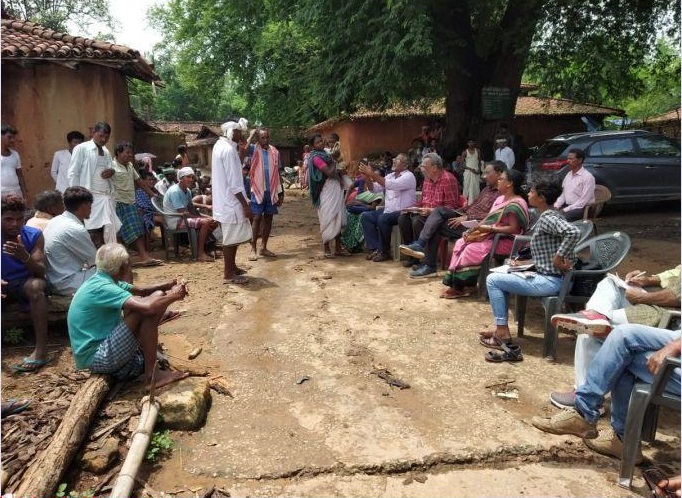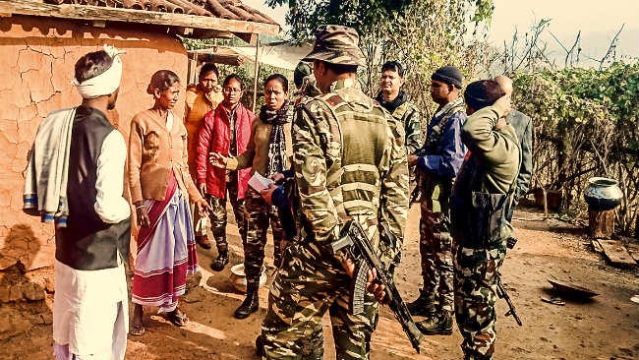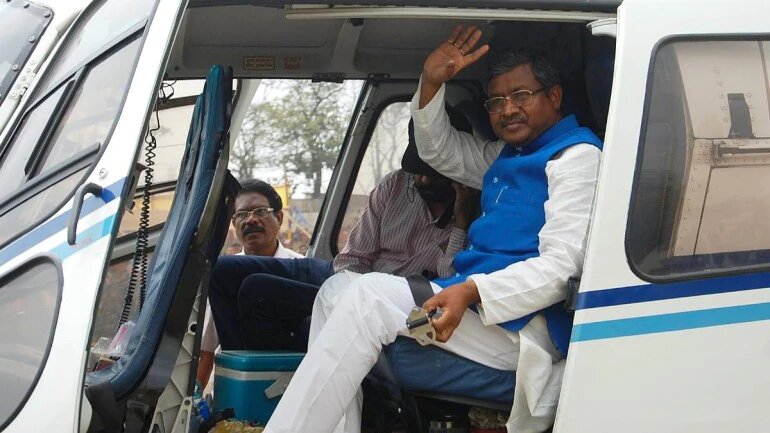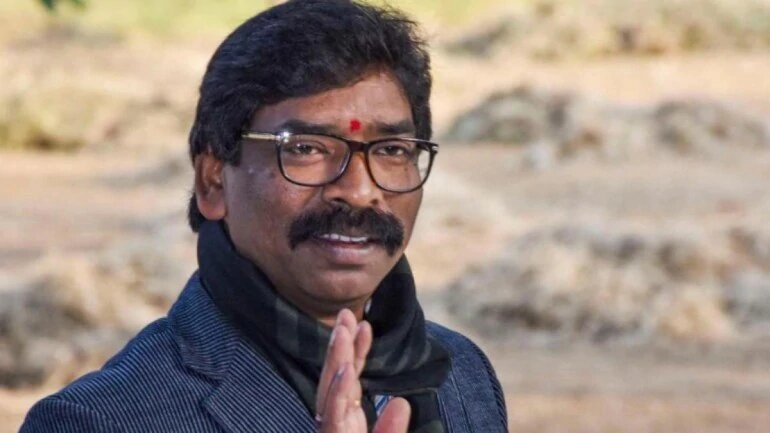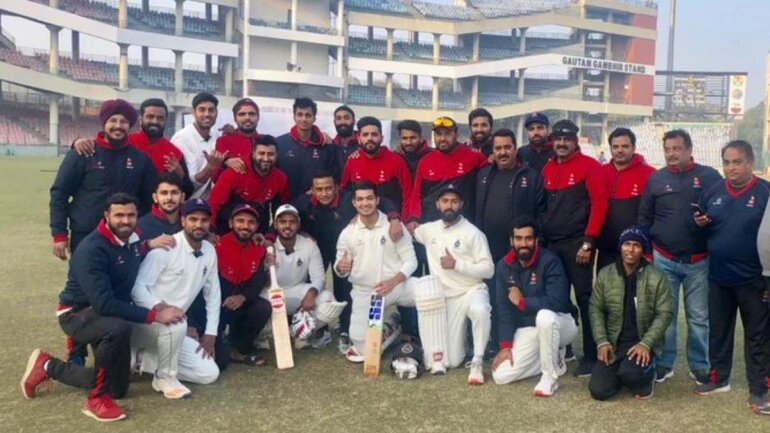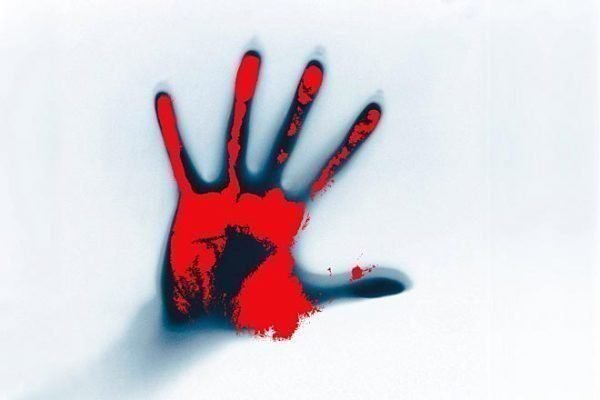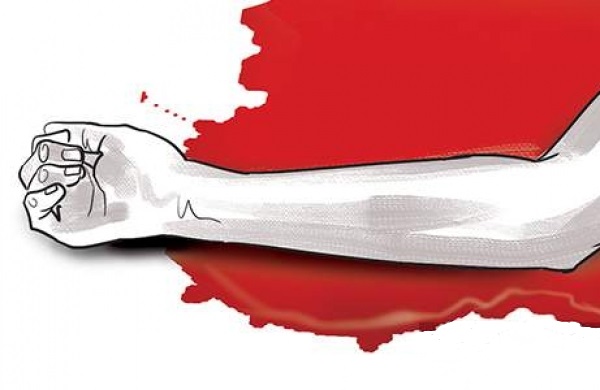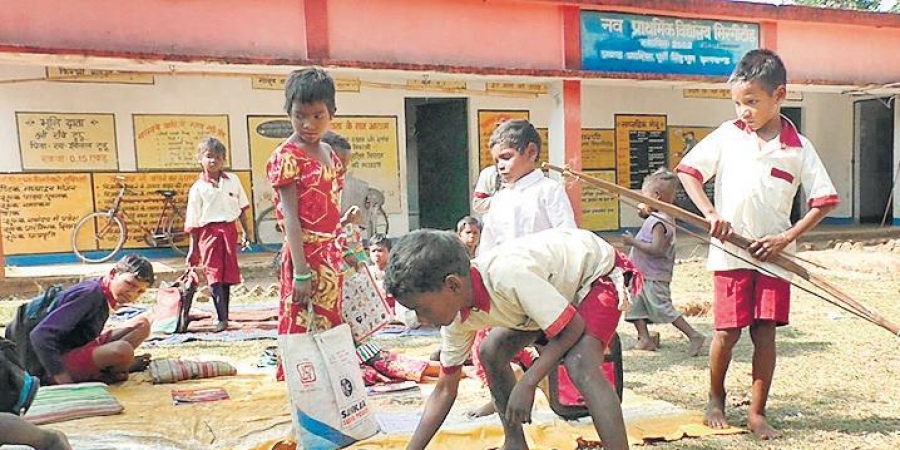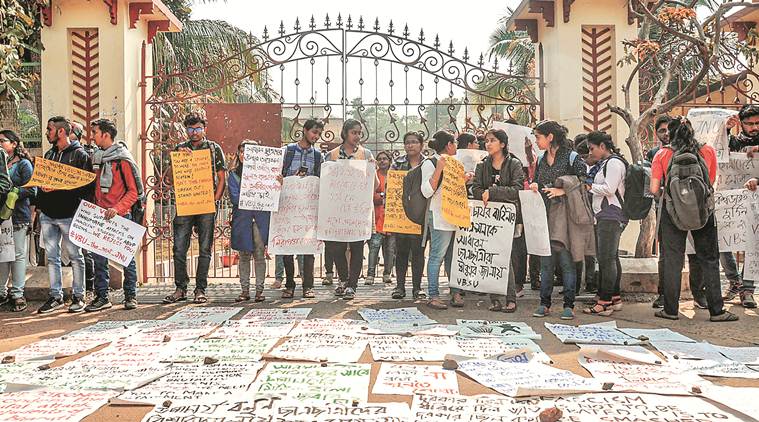Source – counterview.net
Country-wide agitations against the Citizenship Amendment Act (CAA)/ National Register of Citizens (NRC) took a new turn in Ranchi on the Republic Day as thousands gathered in Idgah Maidan (Kadru) for a long evening of protest songs, poems and plays. The programme, “Ek Shaam Samvidhan ke Naam”, was held to reassert the constitutional values of liberty, equality and solidarity at a time when Indian democracy is allegedly under threat.
The event was organized by a wide coalition of individuals and organisations that are active in the movement against CAA/NRC in Jharkhand. Hundreds of women who are sitting on a continuous Shaheen Bagh-style sit-in in Kadru also joined.
The event began with a painting festival for children and their posters were displayed across the venue. The programme also included a rich series of songs, poems, plays, and short films around the theme of communal harmony. Pamphlets on dangers of CAA/NRC were distributed. The cultural programme started with Jhakhandi beats on nagadas and dhol-maandal by Elina and her friends.
These cultural performances brought together some of Jharkhand’s best artists and cultural activists. Veteran folk-singer Madhu Mansuri ‘Hasmukh’, who received Padmashri on Saturday, extended support to the protests with his well-known song, “Gaon Chhodab Nahi”. He said that in Jharkhandi society, different communities have always helped and supported each other. Filmmaker Meghnath, founder of AKHRA and one of the composers of the song, quipped that now the protest anthem should be “Desh Chodab Nabi.”
The Ranchi Youth Fellowship, a choir performed gospel music, while a performer sang bhajans. Children from different mohallas were also selected to sing patriotic melodies. Student group ‘Kahab to Lag Jayi Dhak Se’ who have been part of several anti-CAA/NRC/National Population Register (NPR) protests across street corners of Ranchi sang a combination of inspiring verses. Vishwanath and Anil Anshuman performed protest songs for social rights. A band, Amazing Life, regaled the people with a peppy song of solidarity.
Some well-known Jharkhandi poets supported the protest with their words. Jacinta Kerketta has consistently questioned state narratives on tribal development. Anuj Lugun’s poetry has supported indigenous renaissance and resistance against fascism and oppression. Prof Mithilesh, Aloka Kujur, Mehul and others also recited their own poetic compositions.
A topical play was also performed by the Indian People’s Theatre Association. The programme also saw performances by Tabish Ali, a rapper, Chandosree, Aamir Ali, Amreen Azad, Zohra and many others.
A civil rights release commented, “In Jharkhand, in the last five years, a climate of fear and hate has been created especially against adivasi and minority communities due to a series of inhuman mob lynchings and violence. In this charged atmosphere and with the plans of CAA/NRC and especially after the series of recent attacks on university campuses, street protests have erupted in the state and nationwide.”
It added, “Across Jharkhand, every day in the New Year from Ranchi to Daltonganj, Jamshedpur to Dhanbad, Bokaro to Ramgarh there have been spontaneous protests by students, civil society, unions, and especially women.”
Afzal Anis, one of the leading activists against CAA/NRC said, “In the last two months, many Indians and Muslims in particular have taken to the streets with the tiranga flag and readings of the preamble of the constitution, as we realise that only if the constitution is saved will the country be saved. Since independence never before have the symbols of our democracy been so visible across India”.
As the evening progressed, even as Ranchiites enjoyed the cultural performances, one of the main demands was for the newly-elected Jharkhand government to reassure the fraught sentiments of minority and tribal communities by issuing a written commitment to ban NPR/NRC activities in the state.
They also wanted the assembly to pass a resolution to repeal the CAA. Throughout the programme, the air was rent with slogans against this an unconstitutional “black law” as a threat to the secular ethos of Indian democracy in the 71st year of the Republic.
